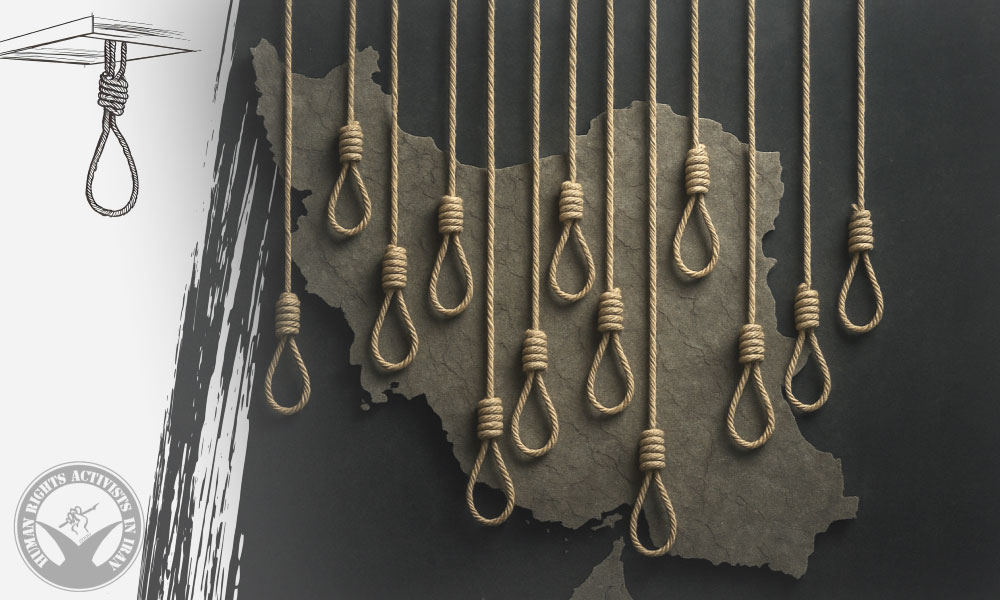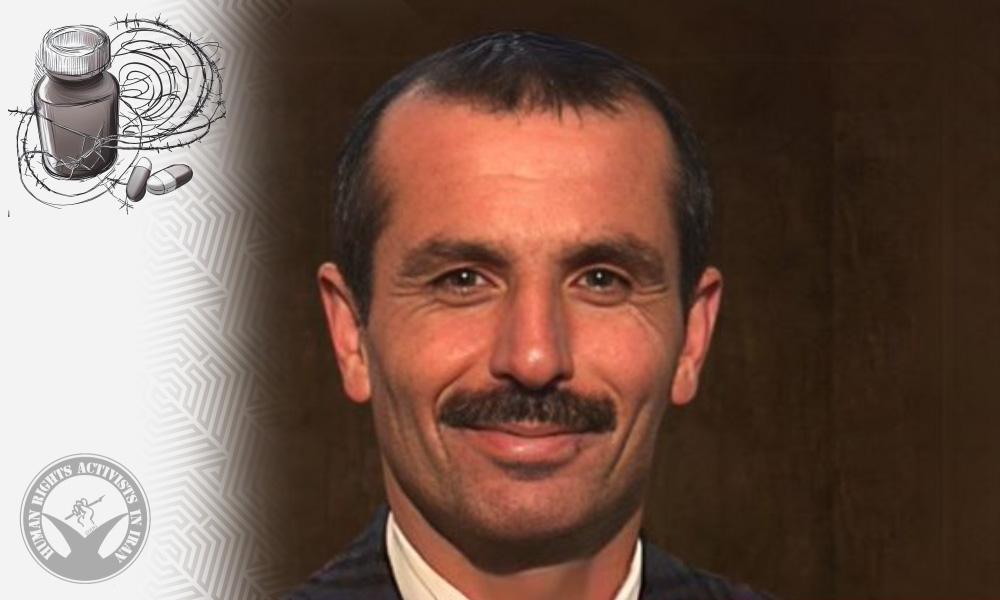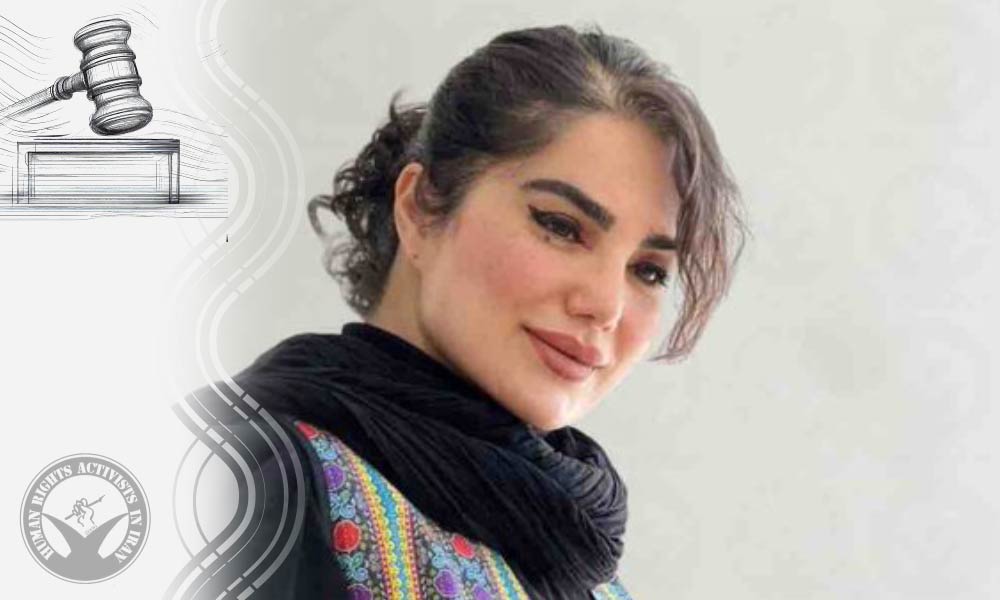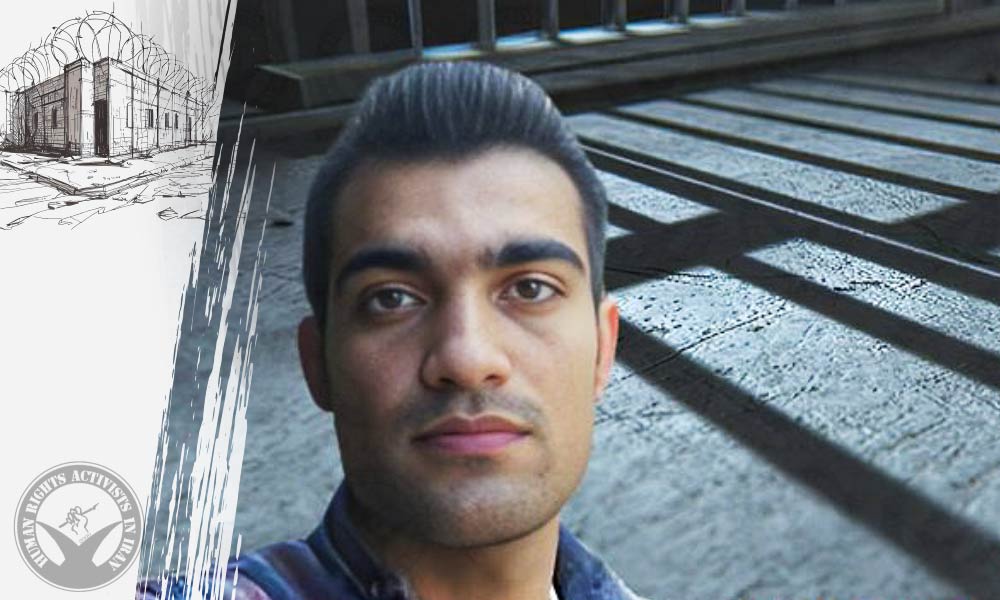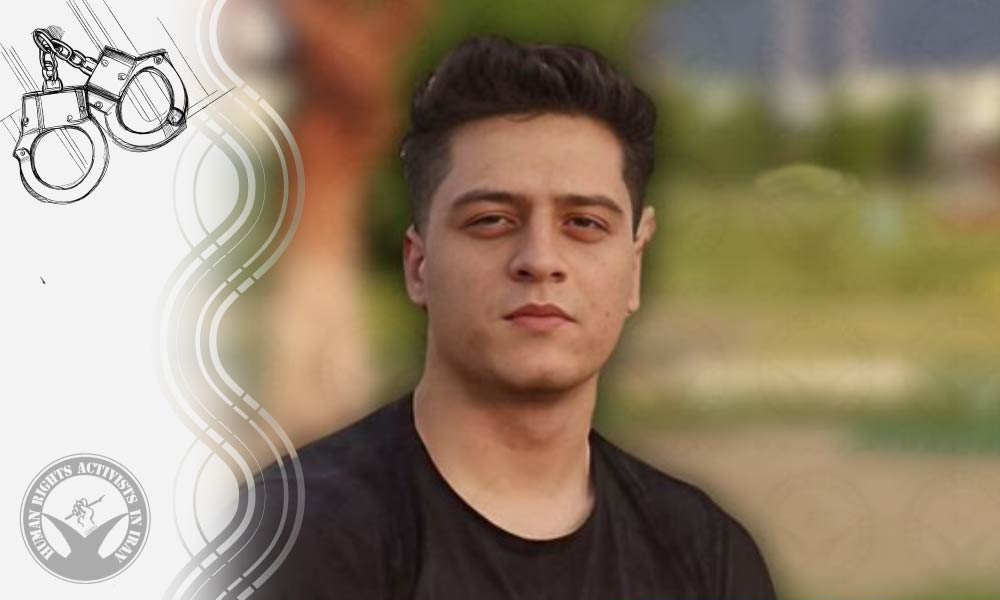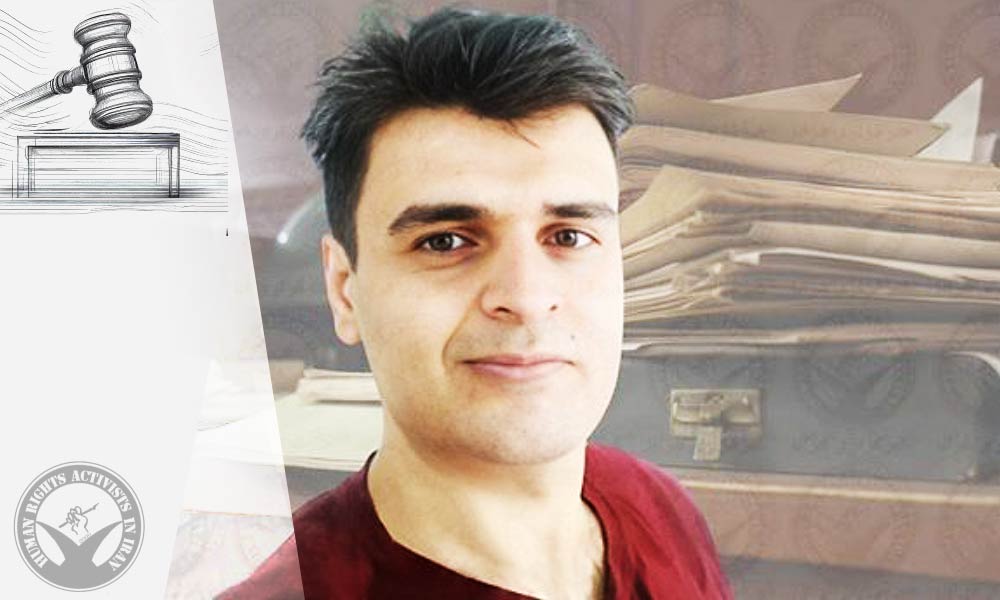HRANA – In recent days, a broad wave of executions has continued across Iran, with dozens of prisoners, mostly charged with murder or drug-related offenses, hanged in various prisons throughout the country.
November 16:
According to Iran Human Rights, two prisoners, Sajjad Habibi from Fardis, Karaj, and Mohammadreza Besharat from Tehran, were executed in Qazvin Prison. According to the report, Sajjad Habibi had been arrested about four years ago on charges of intentional murder following a street altercation and was sentenced to death by the Criminal Court. Mohammadreza Besharat, 27, had also been arrested about six years ago on charges of intentional murder and sentenced to death.
Monday, November 17:
According to HRANA, a prisoner of Afghan nationality was hanged in Ferdows Prison on drug-related charges.
Tuesday, November 18:
On this day, HRANA reported that the death sentence of Heydar Tahmasebi, convicted of murder, was carried out in Mahshahr Prison.
Wednesday, November 19:
HRANA reported the executions of Shahrokh Sattari, convicted of murder, in Ardabil Prison, and Mohammadkarim Bastami, convicted on drug-related charges, in Quchan Prison.
Iran Human Rights also reported the execution of Kianoush Shadman, 29, in Lakan Prison of Rasht; Reza Nosrati, 25, and Mansour Deirin, 36, convicted of murder, in Adelabad Prison of Shiraz; and Hamidreza Pirhadi, 37, convicted of murder, in Borujerd Prison.
Thursday, November 20:
HRANA reported the execution of Mahan Sheikhi, convicted of murder, in Saveh Prison.
According to Iran Human Rights, Ne’mat Majidzadeh and Mehran Darabian, 27, were executed in Semnan Prison on charges of murder and rape, respectively; Mobin Ramazani from Yazd and Hassan Shokat, 43, were executed in Yazd Prison on drug-related charges; and Mozaffar Abdolvand, 30, was executed on murder charges in Dorud Prison.
Saturday, November 22:
HRANA reported the execution of Mohammad Tajik, an Afghan national, convicted of murder, in Taybad Prison.
HRANA also reported that on the same day, Sasan Misaghi (murder) in Yasuj Prison, Jassem Aghaei (murder) in Karaj Central Penitentiary, Rastin Baharvand (murder) in Khorramabad Prison, Peyman Alizadeh (drug-related offenses) in Bandar Abbas Prison, and Yaser Abdoli and Yaroli Haseli (drug-related offenses) in Dizelabad Prison in Kermanshah were executed.
HRANA further reported the execution of two additional prisoners on drug-related charges in Hamedan Prison. Details, including confirmation of the prisoners’ identities, are still under investigation by HRANA.
On the same day, Sari Prison witnessed the execution of two prisoners convicted of murder. Iran Human Rights confirmed the identity of one of them as Hooshang Hashemzadeh, 34, and HRANA confirmed the second as Amir Moradi.
Sunday, November 23:
HRANA reported the following executions:
• Ayoub Zeidi, convicted of murder, in Tabriz Prison
• Mousa Golpayegani, drug-related charges, in Semnan Prison
• Mohammad Hossein Akbari, murder, in Dezful Prison
• Amir Nosrat Piriyan, drug-related charges, in Bam Prison
• Mahmoud Ali Soltanabadi and (first name unknown) Maleki, murder, in Qom Prison
• Three prisoners on drug-related charges in Arak Prison, HRANA has confirmed the identity of one, Mirza Janalizadeh.
At the time of this report, the executions had not been announced by prison officials or the relevant authorities.



